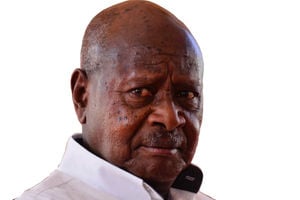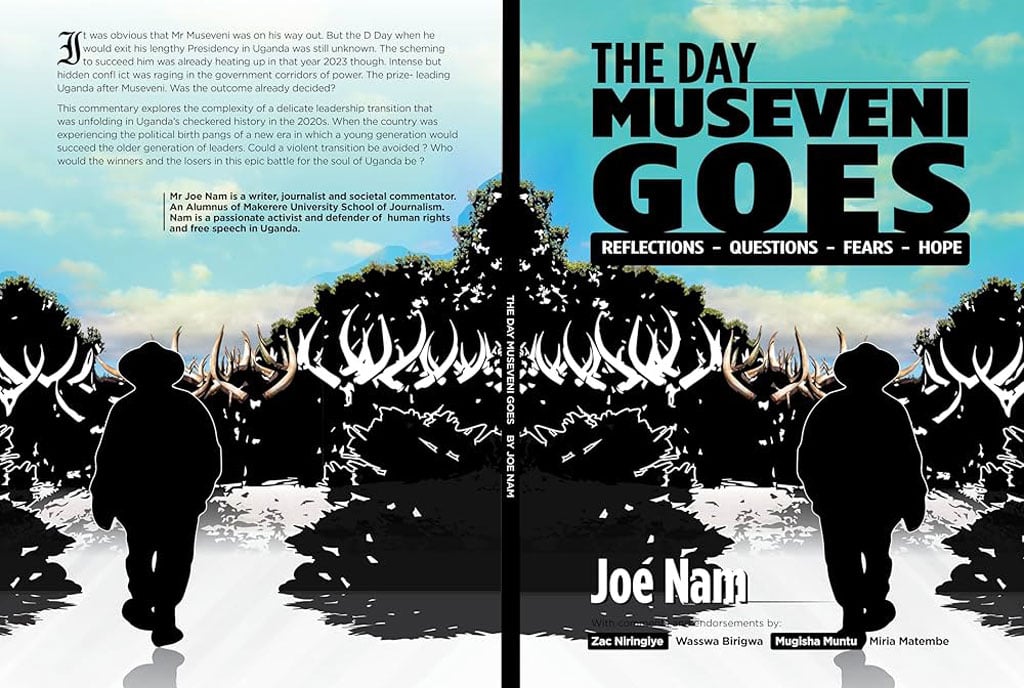
Philip Matogo
During the week, Manchester United football club sacked manager Erik ten Hag in the wake of their dismal start to the season. You could say that the writing was on the wall for ten Hag, by Sir Alex Ferguson’s own hand.
He was appointed the manager of Manchester United in 1986. The appointment of “Sir Alex” as manager that year heralded a golden age for the club. In 1990, Manchester United clinched the FA Cup, inaugurating an era of unprecedented success. The inception of the Premier League in 1992 saw the club capture the title a jaw-dropping 13 times.
To be sure, 1986 was a special year for both Uganda and Manchester United. The appointment and ascension of Mr Ferguson and Mr Yoweri Museveni respectively changed our standards for leadership.
Ugandans supporting Manchester United had become accustomed to soaring achievements because Sir Alex made them believe they should not accept anything less. That is why any manager who joins Manchester United has to contend with a standard that reflects a club-wide passion for distinction.
Sir Alex really cast a long shadow. But so has President Museveni. However, Ugandans supporting Mr Museveni are accustomed to low standards. That is why when any of them are elevated to lead; they rise to our lowest expectations.
This contradiction in contrasting contexts with respect to Manchester United and Uganda’s fortunes is precisely why every polity must set standards that set in train even higher standards.
If Uganda had been successful, thanks to the year 1986, we would be sacking a leader now who never measured up to the promise of the NRM revolution. And the revolution would renew itself continually around the performances (or lack thereof) of successive leaders. The country would be a going concern, instead of its ‘going’ being a concern.
That’s because, indeed, the country is ‘going’. You see, standards set the vision and the framework for the fulfilment of that vision. If we allow standards to serve as building blocks, a nation can grow. The opposite happens when no standards are set. We flounder on the reef of our desultory policy choices because our system is neither here nor there.
Furthermore, such standards evolve to approximate an organic society. Here our society is like an organism that emerges and grows gradually over time in order to meet the needs of the human body.
In the process, as far as the body politic is concerned, institutions and mechanisms develop that promote our progress.
To not have standards is thus inorganic and that’s why there is more cosmetic surgery on the country’s anatomy than alterations of a reconstructive sort. This lipstick on a pig might be palatable to those who mistake appearances for reality, but it’s a downright let-down to those who observe instead of merely see.
The latter should be all of us, ideally. Not only that, standards fashion minimum requirements, on the voter’s part, by revealing how low we can permit ourselves to go. There must be baseline definitions of what we collectively perceive as right or wrong. This will help us vote our consciences towards ideological clarity in an increasingly post-ideological world.
Again, we must perceive how GDP and GNP figures spouted by our leaders leave our economic activities disembodied of their flesh and blood. Only to be replaced by soulless facts and figures which, in fact, figure very little in our day-to-day lives.
We certainly deserve better. This is why some of us look back to 1986. Not as a revolutionary time, but as a tragic example of the absence of standard-bearing leadership of the Manchester United vintage.
Mr Matogo is a professional copywriter.
Email: [email protected]








